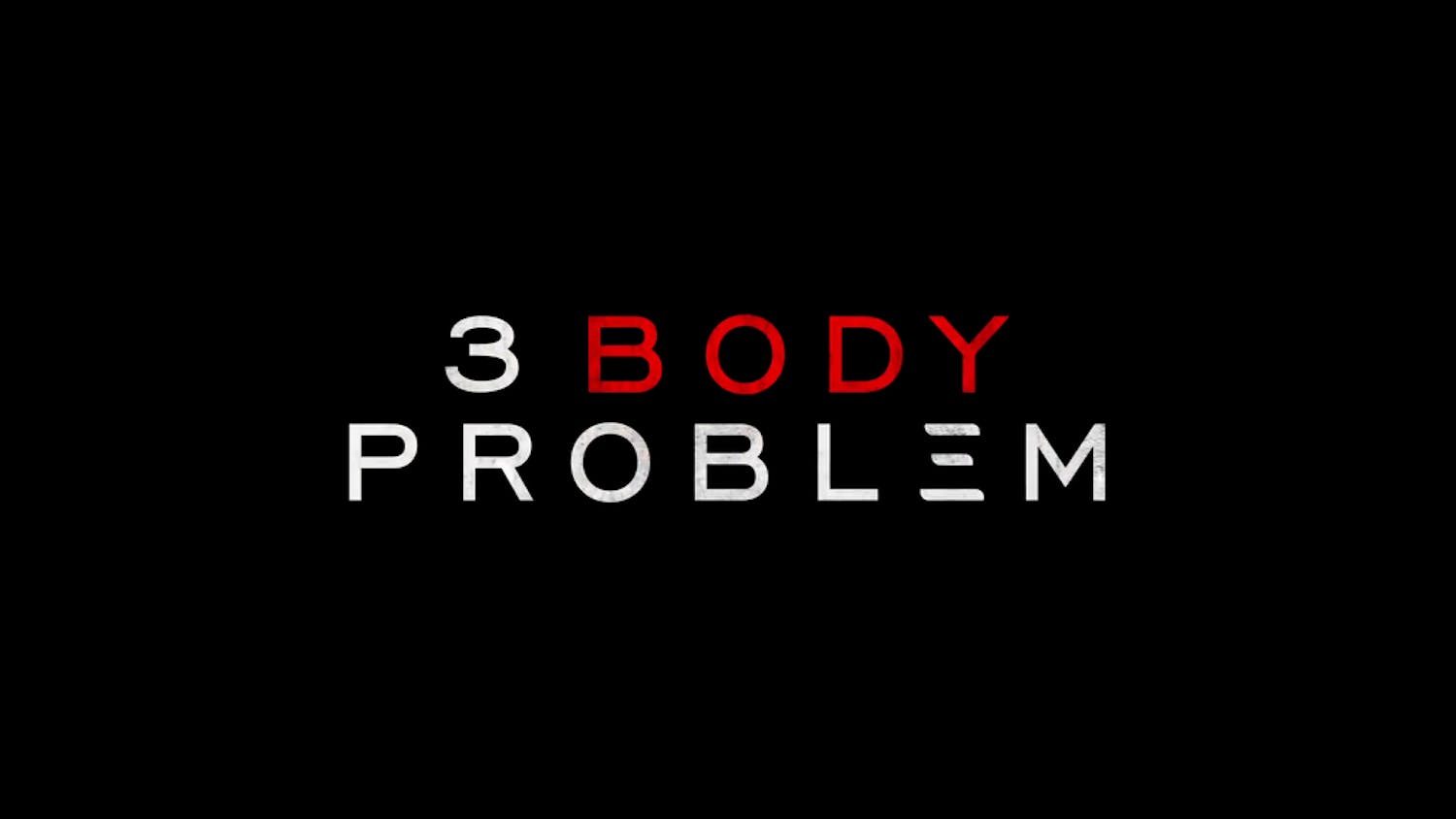At first glance, rapper Shwayze seems a lot like every other rapper to recently hit the club scene. The first single from his new album, "Let It Beat," is a pulsating, rhythmic wasteland of auto-tune and dirty lyrics. "Get U Home" features lyrics like "Take me in the bathroom/ Take my clothes off/ Make love to me up against a dirty wall" and paper-thin innuendos about the rapper's "handgun." But it's a mistake to judge the artist Shwayze as a whole or the entirety of his work by this single.
Upon a close listen to the album, it becomes clear that Shwayze is a different breed than the Akons and T.I.s that populate mainstream rap today.
Malibu native Shwayze (real name Aaron Smith) is relatively new to the music scene. "Let It Beat" is only his second album. His first, self-titled work was released in 2008 and peaked on the Billboard charts at number 10. The album was lauded by fans but panned by critics.
Shwayze was discovered in 2007 by Whitestarr front-man Cisco Adler after the former jumped on stage during one of the band's shows and began to freestyle. Later, the two would star in a reality TV show on MTV that chronicled their individual careers and rise to stardom.
"Let It Beat" was released in Nov. 2009 and was received well by fans. Shwayze's second album attempts to build off the first, with more hip-hop styling and collaborations. Featuring artists like The Knuxs, Tabi Bonney and even Snoop Dogg, the album paints a more interesting and diverse picture of the modern hip-hop community. It also achieved higher commercial success than the artist's first work — on Nov. 3, 2009 it was iTunes' No. 1 selling album.
As the listener begins to delve more deeply into "Let It Beat," the songs become progressively instrumental and downright sentimental. Without sacrificing tight beats and rhymes, Shwayze manages to achieve a unique balance between romance and rap. Lyrics like "What it do, baby boo?/ Who am I?/ Who are you?/ Do you think that we could ever be/ One instead of two?" expose a sensitive side that most college-aged rap fans aren't used to hearing. In songs like "Sally is a…" Shwayze creates an interesting combination of catchy lyrics and pop hooks interspersed with rap beat verses. "Crazy for You" recalls a better version of an early Kid Rock, with attractive hooks and an easygoing, summer vibe.
Needless to say, Shwayze uses all of the tricks in his hip-hop arsenal. He combines rap, pop, acoustic and rock to achieve a sound that is all his own. The 1950s background beats of some of the songs are interesting, but may just be a reflection of the recent popularity of artists like Amy Winehouse and Lily Allen rather than a testament to Shwayze's creativity as an artist.
Cisco Adler worked intensively with Shwayze on this new album. The team didn't want to rest on the laurels of Shwayze's first release. This may be the reason for the club vibe of the first single.
Shwayze is trying so desperately hard to prove that he isn't limited to the "summer-time beach vibe" as he himself refers to it. While evolution as a musician is necessary for any artist, Shwayze may be sacrificing the very thing fans love most about him. "Get U Home" almost seems like a parody of mainstream pop-rap.
"Let It Beat" is more than satisfactory. It gives a refreshing glance into what is a rapidly evolving rap scene in the United States and showcases a both poetic and musically talented artist. The trite, overworked single "Get U Home" is made excusable by the profound vulnerability and artistic quality of the rest of the songs on the album. Ultimately, "Let it Beat" is an album that any rap lover with an open mind should be sure to listen to.





